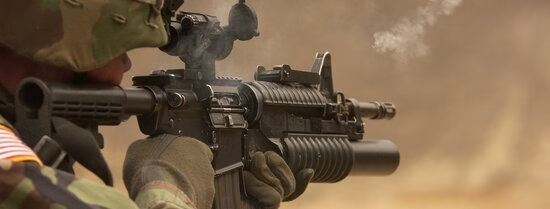Former Yugoslavia had a rough time during the wars in the 20th century. But people like Partisan leader Tito or Chetnik leader Mihailovic can still be found in war games. Both video games and board games, which depict the devastating events, are more popular than ever. But what if these games distort the facts of history completely?
Customised content
Researcher Pieter van den Heede from ESHCC, who studies depictions of historical conflicts in games, warns for so-called ‘mods’. On BalkanInsight, a website of the Balkan Investigative Reporting Network (BIRN) that focuses on news, analysis, commentary and investigative reporting from Southeast Europe, Pieter discusses customised versions of well-known shooter games – mods – made by Serbian, Bosnian or Albanese gamers. It is striking that most of the video games tend to be much more violently hostile and historically dubious than the board games. Popular first-person shooter games like ‘Arma’, provide modding tools to create customised content within the game.
Modding of historic events
In, for example, Serbian gaming communities, mods like this provide the tools to perpetuate historical narratives about the wars in former Yugoslavia. One of the Serbian mods simulates the siege of Srebrenica in 1995, suggesting that the genocidal violence that took place near Srebrenica, was in fact just violence against armed opponents. This is in line with how the genocide is talked about in Serbian nationalist circles. According to Pieter, mods often escape our attention, creating space for distorted, hyper-nationalistic stories about the past. What makes it important not to lose sight of them.
BIRN shows more examples of how both video games and board games, simulate events in the 1990’s wars, World War I and World War II simulate history, but also sometimes use and distort history to enhance nationalist feelings in today’s former Yugoslavia. The article explains several former Yugoslavian war games, which are being placed into modern day and historical context and examined critically.
Read the complete article on BalkanInsight
- Researcher
- Related content

